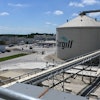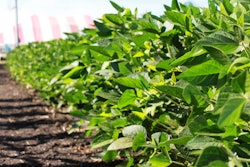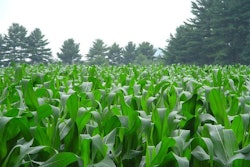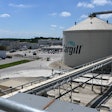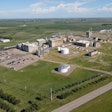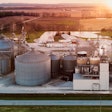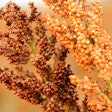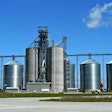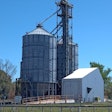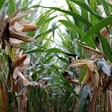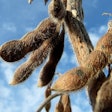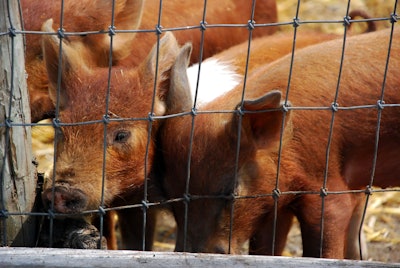
[LEXINGTON, Ky.] – Quality control and stringent biosecurity measures were once again reaffirmed as the only precautions swine producers can truly take against PEDv (Porcine Epidemic Diarrhea virus). After another recent outbreak of the virus, many industry members are now reassessing their feed ingredient sources and tightening the reins on the traceability of their overall management and nutrition programs.
“The overall goal of the swine industry is to eliminate and prevent the dissemination of PEDv. This will largely be achieved by using proven, controlled disease challenge (feedback) strategies and adherence to strict biosecurity programs that prevent the spread of the virus through direct exposure and environmental contamination,” said Dr. Karl Dawson, chief scientific officer at Alltech.
PEDv, caused by a member of the family Coronaviridae, is a fast spreading virus, with a short incubation period (two to four days). It can affect pigs of all ages, but is strongest in sows, gilts, nursing and recently weaned pigs. PEDv is mainly transmitted via indirect or direct contact through fecal/oral means. It can also spread by fomites, aerosol emissions and most recently through transmission of feed ingredients.
Dawson cautions producers to work closely with veterinarians to implement stringent biosecurity measures and a nutritional management program that strengthens the pigs’ immunity and disease defenses. Producers should identify key interactions where there is a risk of exposure and ensure safety standards are in place. Proper cleaning with disinfectants, heating and drying helps to kill and prevent the virus. Other areas that have been determined high risk: dead haul/renderer sites, other wildlife in the barns, personnel working at other pig farms, recently removed culled pigs and newly weaned pigs transported to the nursery or finish site.
Besides implementing strict biosecurity measures, producers also need to build up their herds’ health and immunity to prepare them for the worst.
“While it is unrealistic to believe that a simple nutritional change will result in the elimination of the virus from a herd of pigs,” Dawson said. “Alltech’s distinct set of technologies can help in maintaining healthy pig populations, which is the first step in dealing with a herd crisis.”
Swine Advantage V is a specially formulated protein-based solution that contains no animal protein and combines approved nutritional strategies that have been shown to help maintain gastrointestinal health and wellbeing. Because of the rigidly-controlled manufacturing process for these non-animal proteins, the product can be used as an alternative protein source in pig diets without concern about biosecurity risks associated with the inclusion of animal proteins in pig diets.
“The use of such material clearly addresses the increased concerns about the dissemination of viruses in plasma and other animal by-products,” Dawson said. “By using proven nutritional strategies in conjunction with prevention programs it may also be possible to augment and reduce the production losses associated with remediation programs that are designed to prevent further dissemination of PEDv.”
For more information about Swine Advantage V and other Alltech Pig Solutions, please visit www.alltech.com or call toll-free (855) 7ON-FARM.

